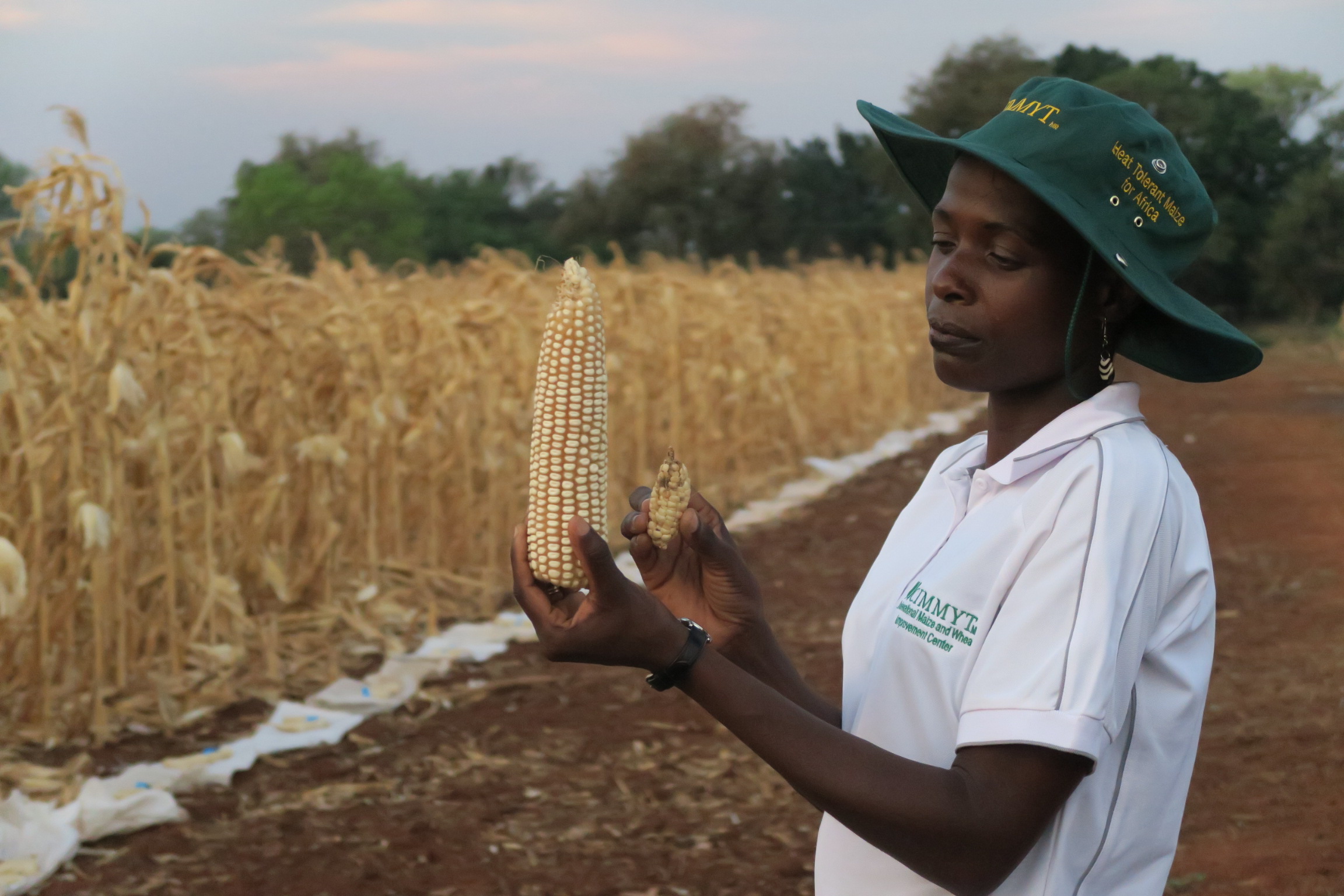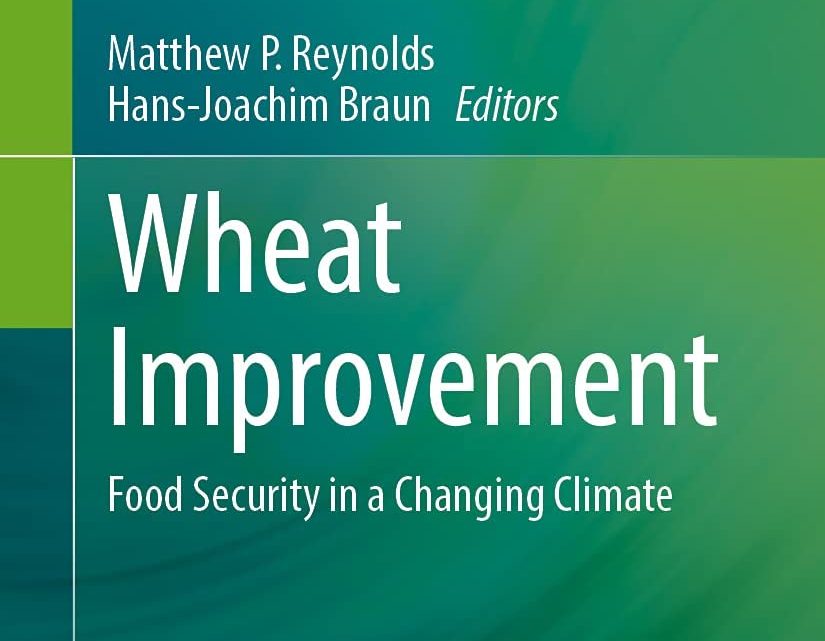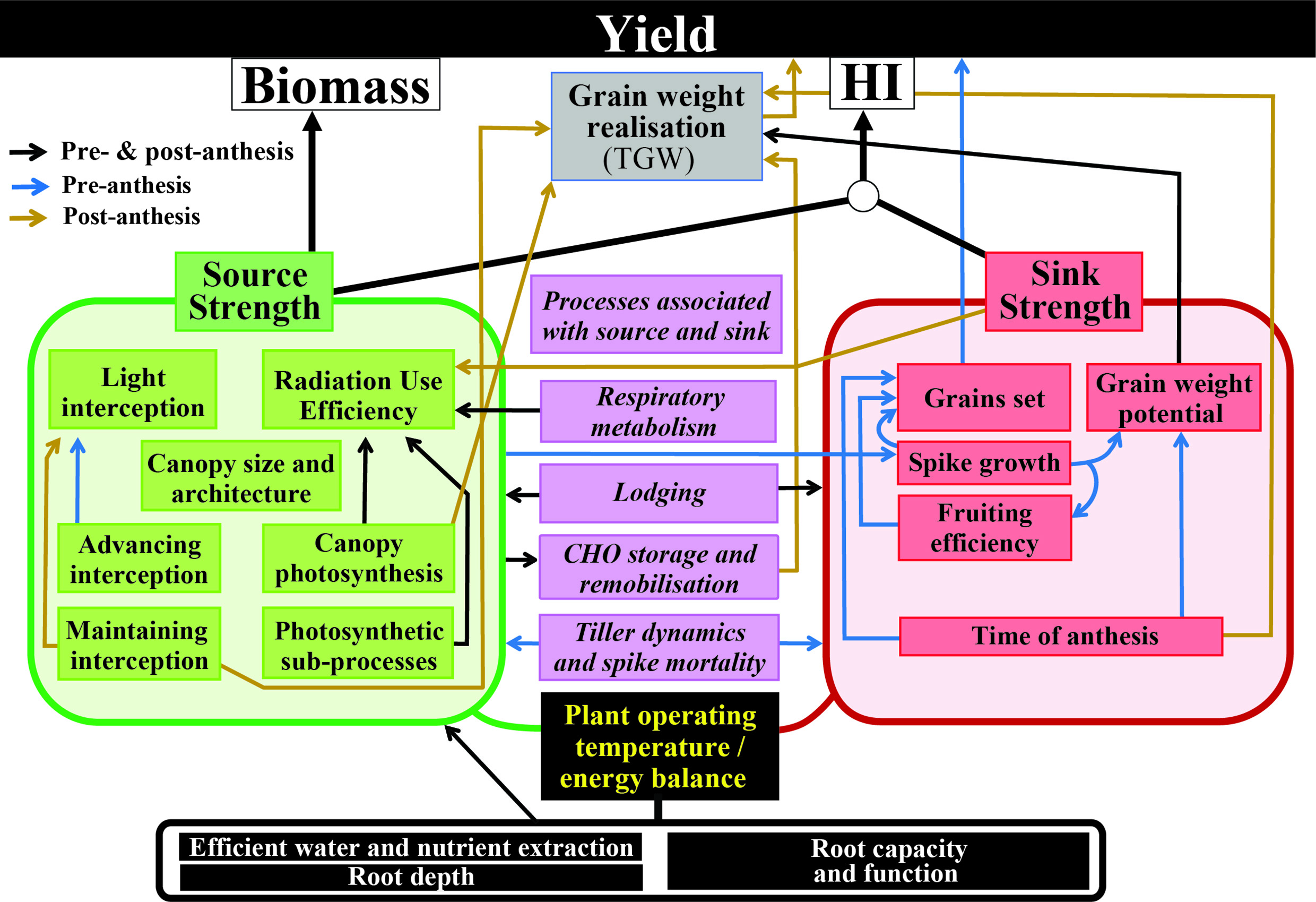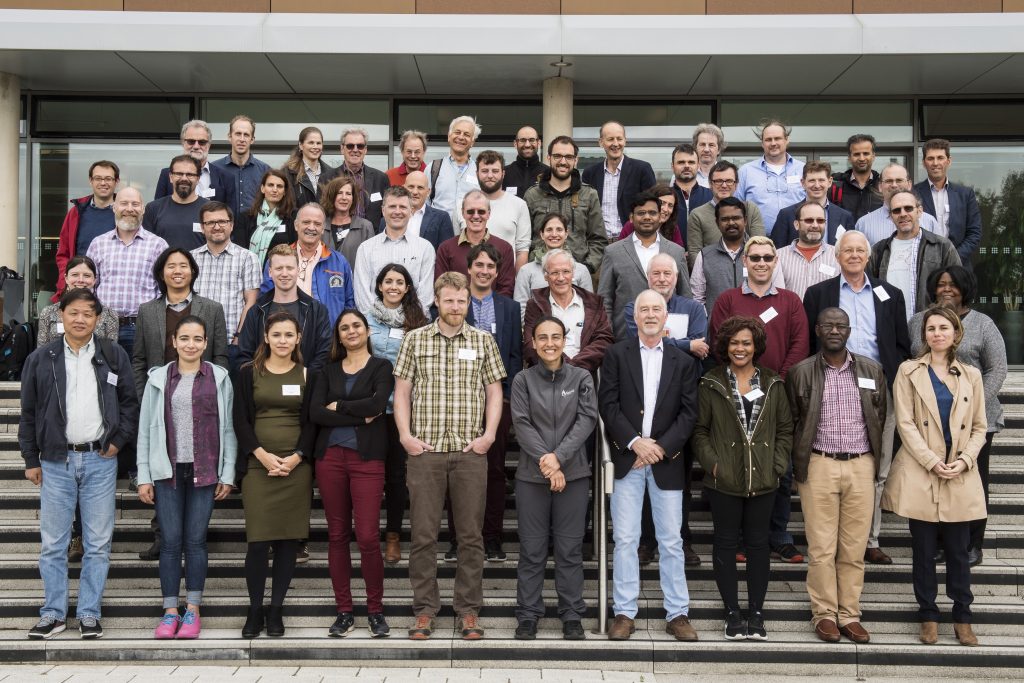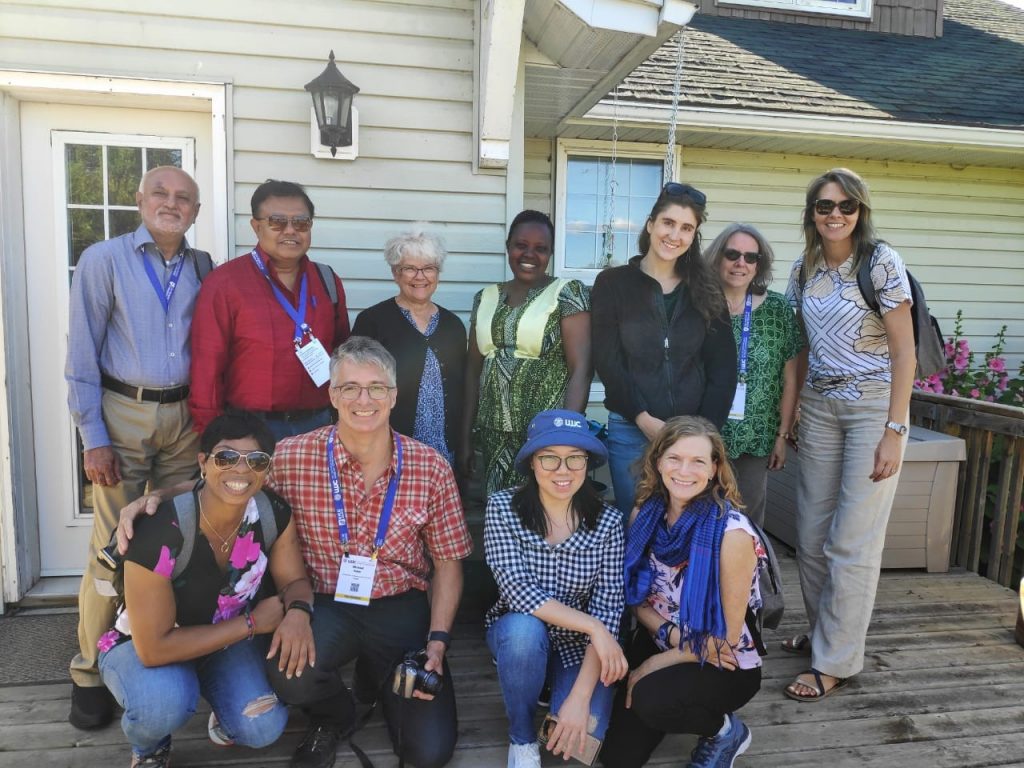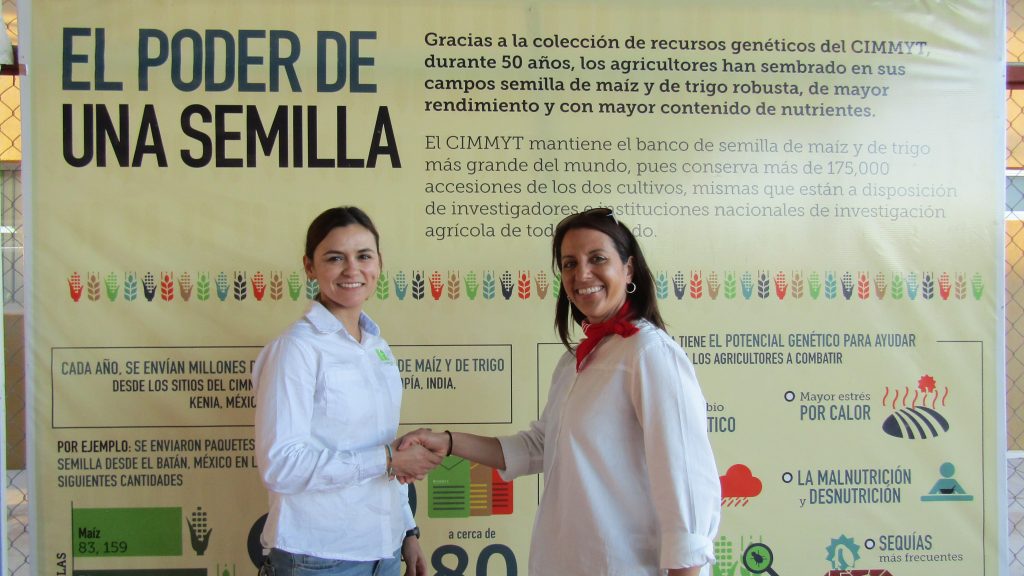In 2011, agriculture ministers from the Group of 20 nations committed to developing an international initiative to coordinate worldwide research efforts in wheat genetics, genomics, physiology, breeding and agronomy.
The result, the Wheat Initiative, aims to encourage and support the development of a vibrant global public-private research community by sharing resources, capabilities, data and ideas to improve wheat productivity, quality and sustainable production around the world.
One of the Wheat Initiative’s key aims – increasing wheat yield and developing new wheat varieties adapted to different geographical regions – will be delivered by the International Wheat Yield Partnership (IWYP) – an international partnership of research funders and research organizations.
The partnership was initiated by CIMMYT, the Britain’s Biotechnology and Biological Sciences Research Council, Mexico’s Ministry of Agriculture, Livestock, Rural Development, Fisheries and Food and the U.S. Agency for International Development in 2012. IWYP represents a long-term, global endeavor that utilizes a collaborative approach to bring together funding from public and private research organizations from a large number of countries.
The partnership supports both core infrastructure and facilitates transnational open calls for research, all targeted at raising the yield potential of wheat.
All partners are committed to transparency, collaboration, open communication of results, data sharing as well as improved coordination to maximize global impact and eliminate duplication of effort.
IWYP is an independent research activity but, as with all public wheat research activities, IWYP will help the Wheat Initiative to fulfill its mission to “co-ordinate wheat research and contribute to global food security.”
This partnership builds on previous work of the Wheat Yield Consortium.
Objectives
- Increasing wheat yield and developing new wheat varieties adapted to different geographical regions
- Support core infrastructure and facilitate transnational open calls for research, all targeted at raising the yield potential of wheat
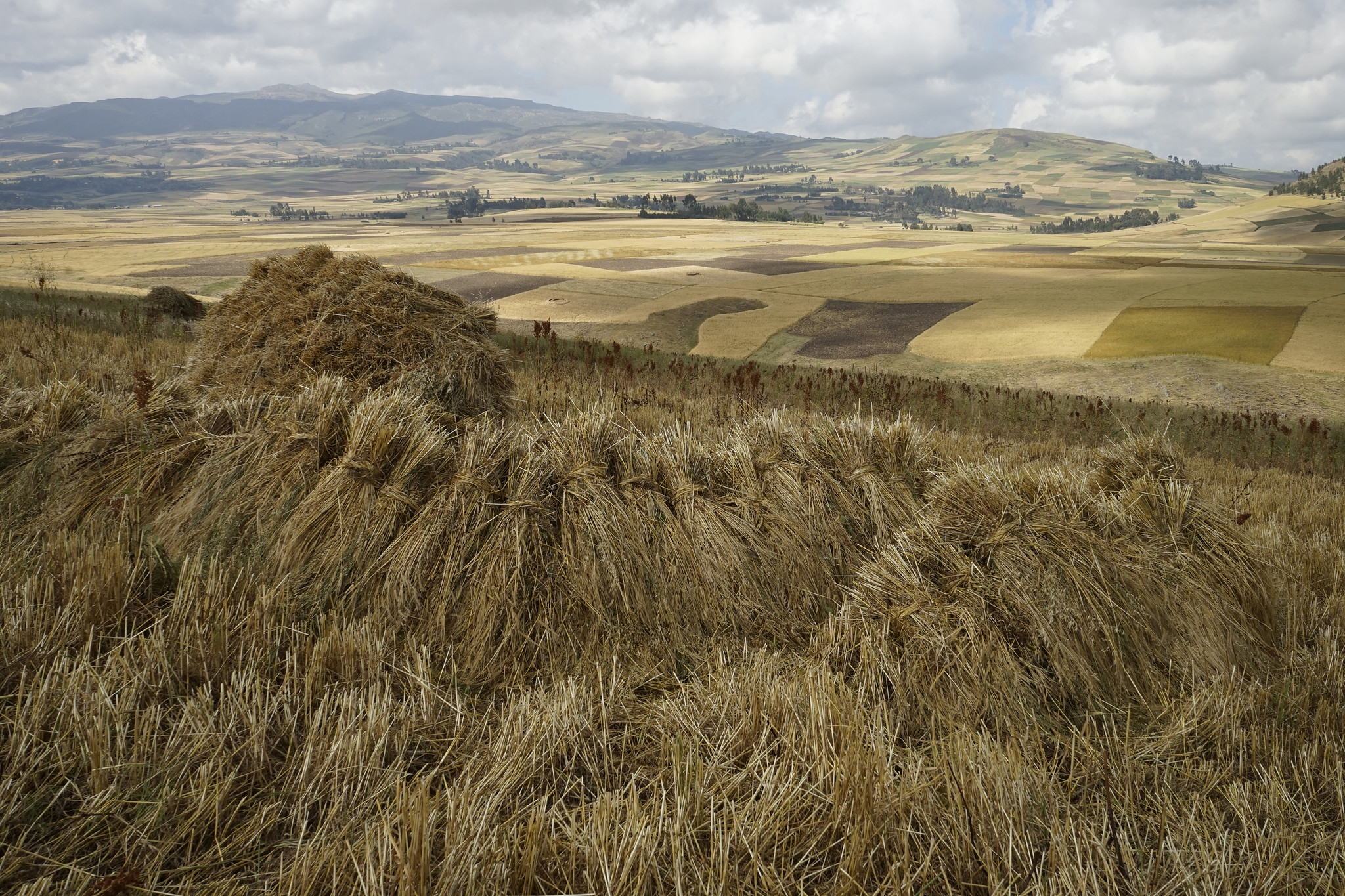
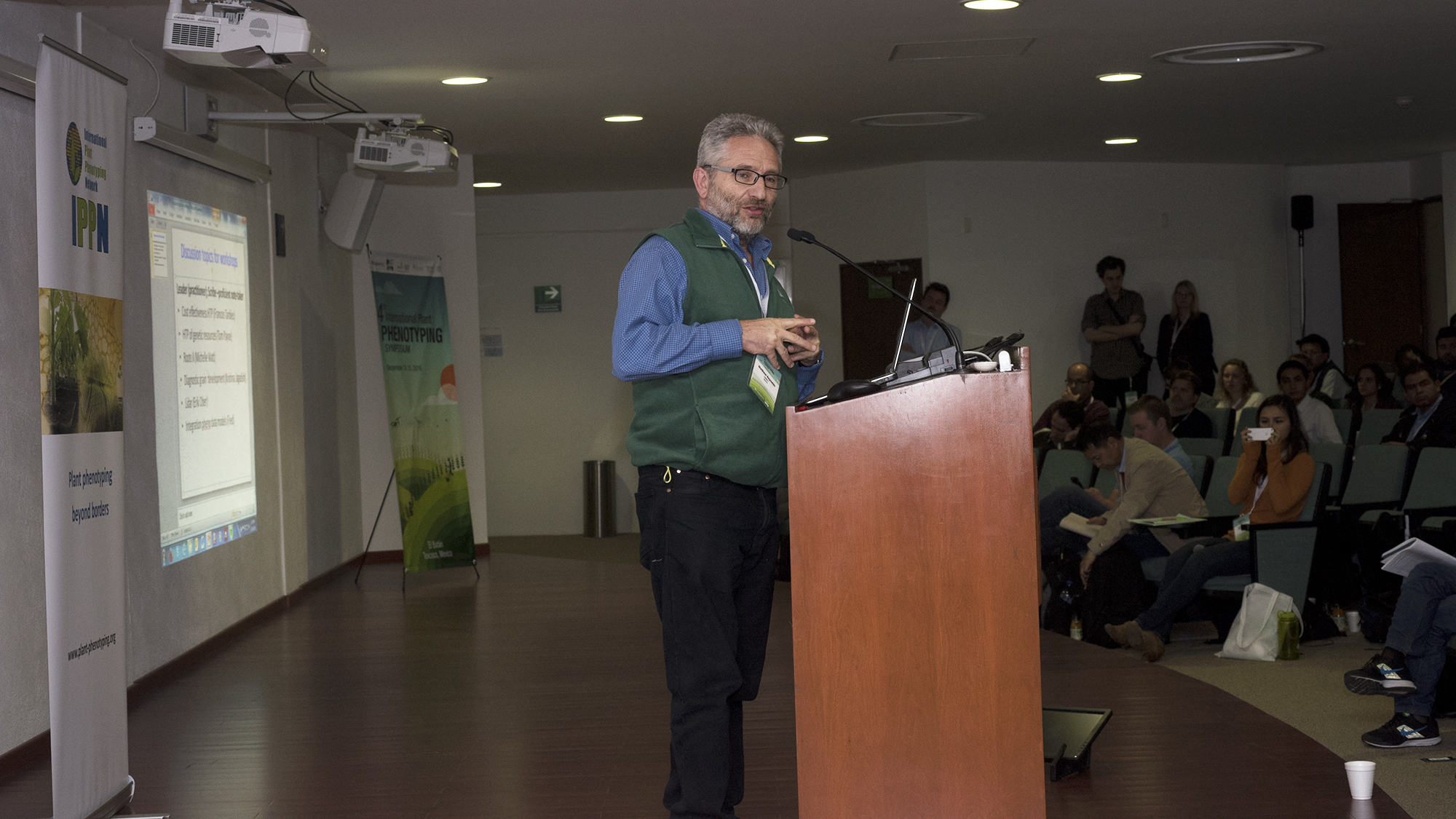
 Climate adaptation and mitigation
Climate adaptation and mitigation 
